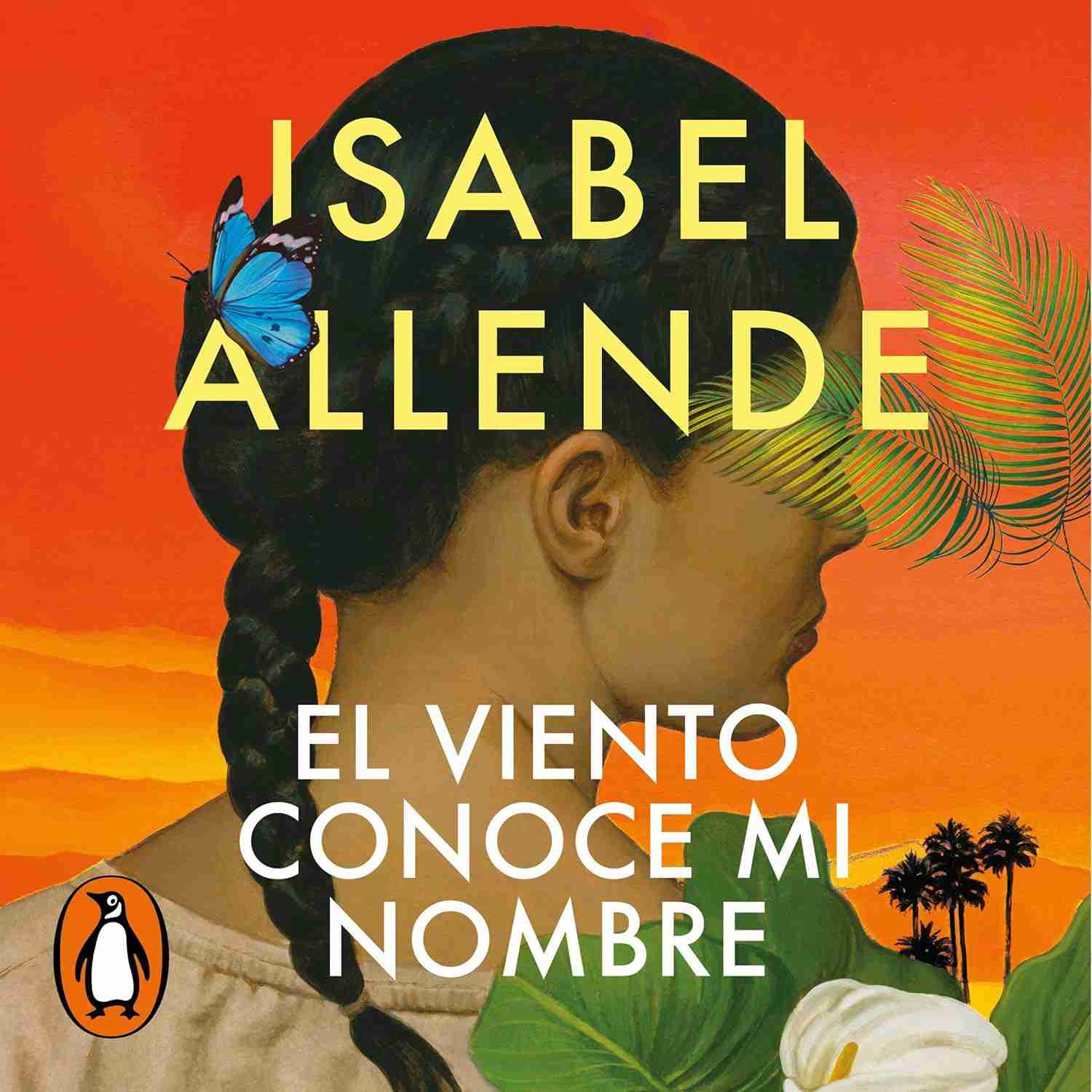
Reading Isabel Allende's latest felt like holding history's heartbeat in my hands. The way she intertwines little Samuel's 1940s Vienna trauma with Anita's 2019 border separation made me pause mid-page to catch my breath - these parallel tragedies unfolded across my kitchen table during breakfast, their sorrows staining my coffee cup.
What gutted me was the tactile detail: Anita's small fingers clutching her grandmother's embroidered shawl as ICE agents pulled her away, the same fabric texture I'd recognize from my abuela's house. Allende doesn't just write about displacement - she makes you taste the metallic fear in these children's mouths.
The political commentary stings sharper because it's woven through intimate moments. When Samuel, now elderly, teaches blind Anita to 'see' through chess pieces, you realize this isn't just a novel - it's survival manual for broken eras. My copy's margins are crammed with pencil marks where her prose sliced through my complacency.
Yes, some characters feel rushed (that Chilean diplomat's villainy needed nuance), but when Anita describes her deportation bus smelling 'like salt and new plastic,' I was right there in that vinyl seat. Finished it in one sleepless night, then immediately restarted to savor Allende's magic trick: making global wounds feel personal, then stitching them with quiet acts of courage.

